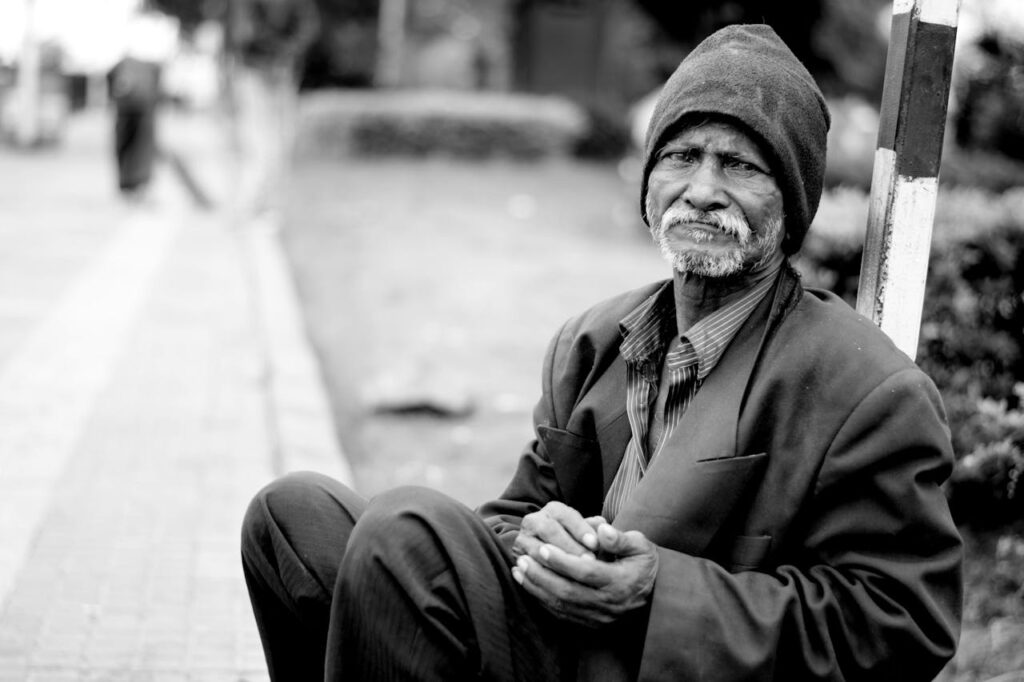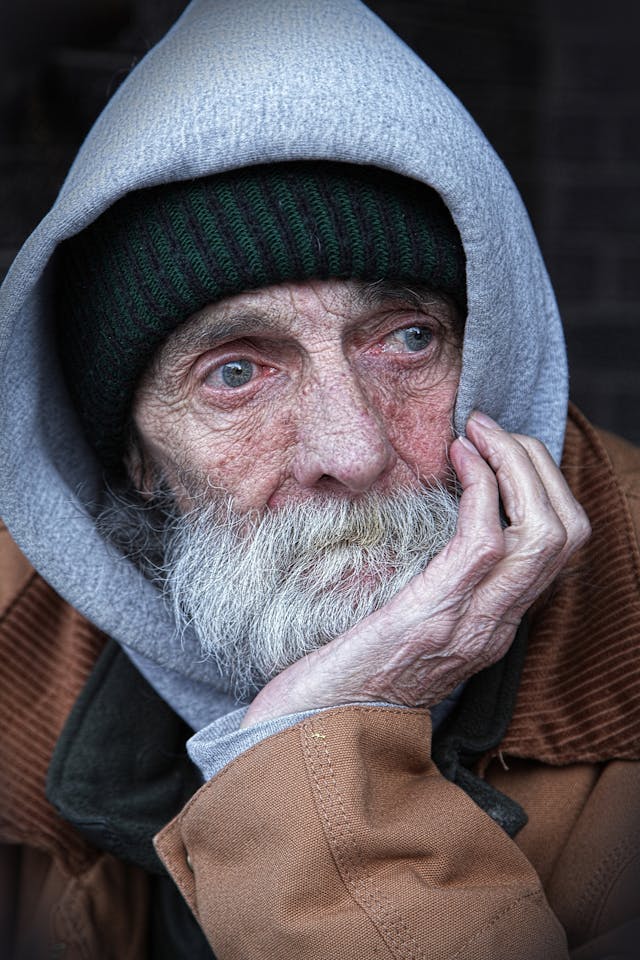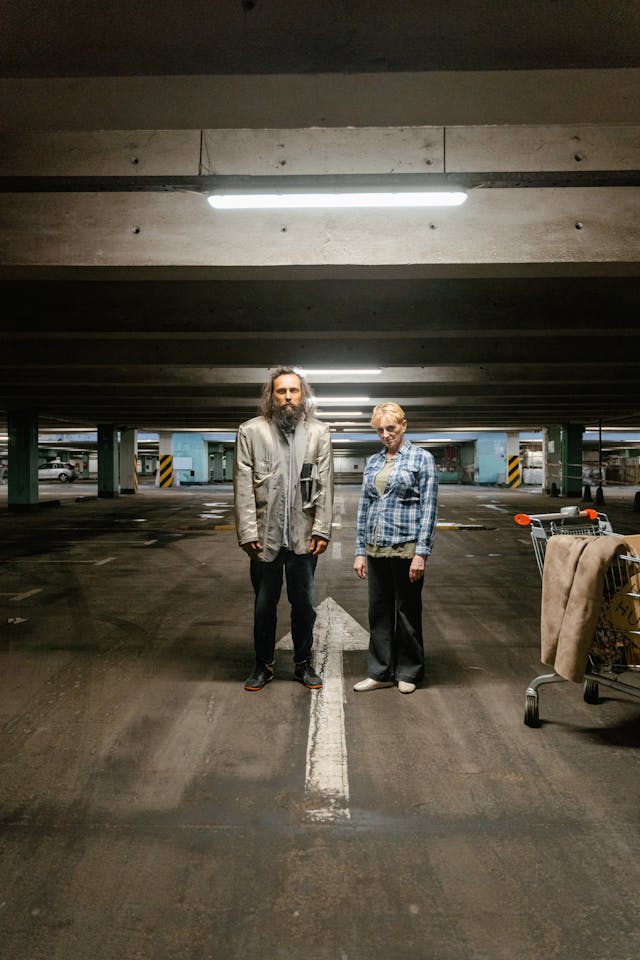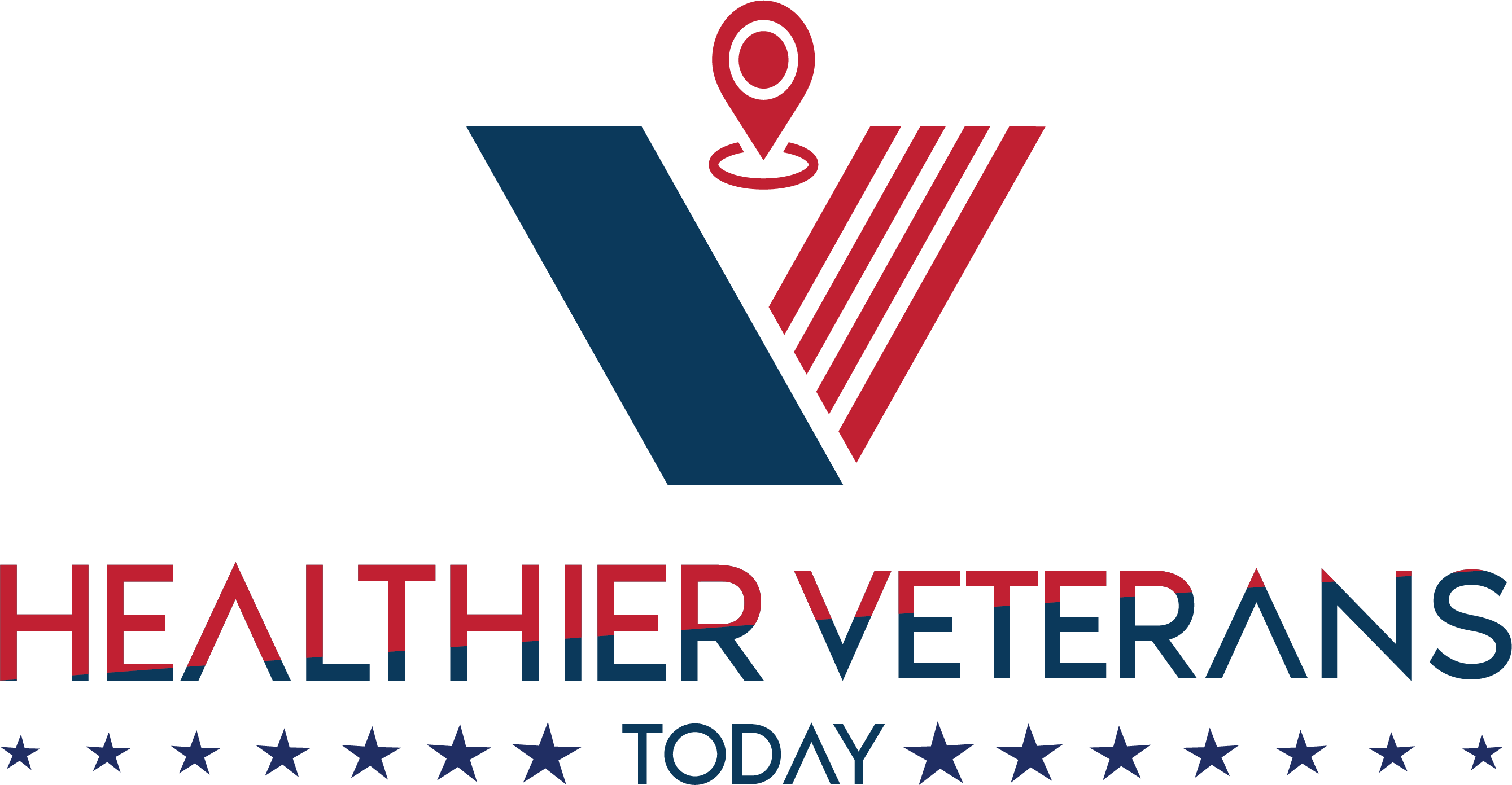Homelessness among veterans is still a big issue despite initiatives and policies being implemented to try and eradicate the problem. After leaving the military, many soldiers are left without permanent homes as it is hard to get one. Post-traumatic stress disorder (PTSD), substance use disorders, economic vulnerability, and a lack of affordable housing make it very challenging for veterans. These soldiers sacrificed their lives just to end up here.
Table of Contents
Drawing Attention To This Issue

Awareness can lead to more effective policies and programs. This will ensure that veterans receive the care and respect they deserve.
We are also more likely to understand the extent of the problem by looking at statistics and what veterans truly need. Some veterans need help with their mental health, while others need affordable housing. It differs from veteran to veteran. How can you help if you don’t know what the problem is?
Challenges Homeless Veterans Face

Go to a homeless camp where veterans are based. You’ll be able to see firsthand the daily struggles these heroes face. They are often left to beg for basic needs like food, water, clothes, shoes, healthcare, etc. Many feel worthless. Can you imagine giving your life to a country that isn’t able to help you with the basics? What about begging? Starving?
Let’s look closer by delving into statistics, factors, and solutions to honor these heroes.
Statistics: Presenting the Scale of Veteran Homelessness
These numbers are incredibly sad to look at. Homelessness reached 580,000 in the United States alone. 37,000 of these are homeless veterans. It becomes a part of a bigger problem. 2 Veterans face homelessness out of every 1,000. It’s scary to think that your father, grandfather, or brother can easily end up in the same situation. Therefore, let’s make the change!
Homelessness among veterans have descreased. If 37,000 are currently homeless veterans, what was the number previously? Homelessness in America is not the only problem we now face. It affects other countries, which means this issue is a global concern.
Factors Contributing to Veteran Homelessness

- Post-traumatic Stress Disorder: Many veterans suffer from PTSD. This makes it tough for veterans to lead everyday lives back at home. They have flashbacks, nightmares, and extreme anxiety. The lack of help makes most of these individuals resort to unhealthy behaviors. This includes a lack of social integration and substance abuse, which increases their likelihood of being homeless.
- Substance Abuse: Because mental health is such a big problem, many veterans abuse substances. Alcoholism, for instance, will worsen existing conditions, and this results in a cycle of drug and alcohol dependency in addition to homelessness. Those who develop a problem with substance abuse should not only receive proper treatment for their addiction but also support. They find themselves in a vicious cycle, which they can’t escape.
- Lack of Affordable Housing: The prices for proper housing are outrageous. Affordable housing units are scarce. The costs of rentals continue to rise, making it difficult for most veterans, given their low-income earnings. A large number of veterans end up on the streets, looking for shelter at a homeless camp.
- Unemployment and Economic Instability: Unemployment and economic volatility significantly contribute to homelessness in veterans. Finding work is not easy for those who served in the military. Even if they are lucky enough to find a job, it does not guarantee they will earn enough to meet their basic needs. Not all employers want to hire veterans, making their changes even slimmer. This can lead to poverty and homelessness.
- Insufficient Support Systems: Lack of support affects veterans more than you think. Some veterans may have difficulty equating the skills learned from the armed forces to those that can be utilized in the local economy. Many government and nonprofit organizations can provide help to these men and women. They help re-establish themselves in society. However, navigating through the bureaucracy and getting assistance is the problem. It includes reporting and long waiting hours. The notion of pessimism about mental health and homelessness may discourage veterans from seeking support, leaving them feeling lonely and defenseless.
From Battlefield to Homeless Camp
The transition from Military Life to Civilian Life
Adjusting is the most difficult step for most veterans. After years of establishing structure, discipline, and fellowship among military members, they find themselves surrounded by civilians and feeling out of place. In that time, they experience feelings of identity confusion and even confusion over purpose. After their service, they are challenged to secure employment, find adequate and affordable housing, and maintain connections with other individuals who do not have ties to the military. They often struggle to cope with general symptoms of anacnesia, which can manifest as confusion and feelings of futility.
Mental Health and Family Support
It’s no secret that veterans face mental health problems. However, the family needs to support these heroes. They play a pivotal role in helping veterans seek help. Sometimes, all you need is a loved one helping you through it. Someone who can tell you having PTSD is normal when serving and that getting help is not a sign of weakness. In fact, getting help is the opposite.
If you have a veteran in need, take the time to help. Wouldn’t you want the same?
Conclusion

The transition from the battlefield to civilization is extremely daunting for veterans. It’s not easy reintegrating into the community, finding housing, and struggling with mental health issues. We can only ensure that no veteran lives on the streets by raising awareness, campaigning for better policies, and making it easy for veterans to find someone to help them. We need to make a change and find housing for homeless veterans. These heroes have given all they can; now it’s our turn to do something!





